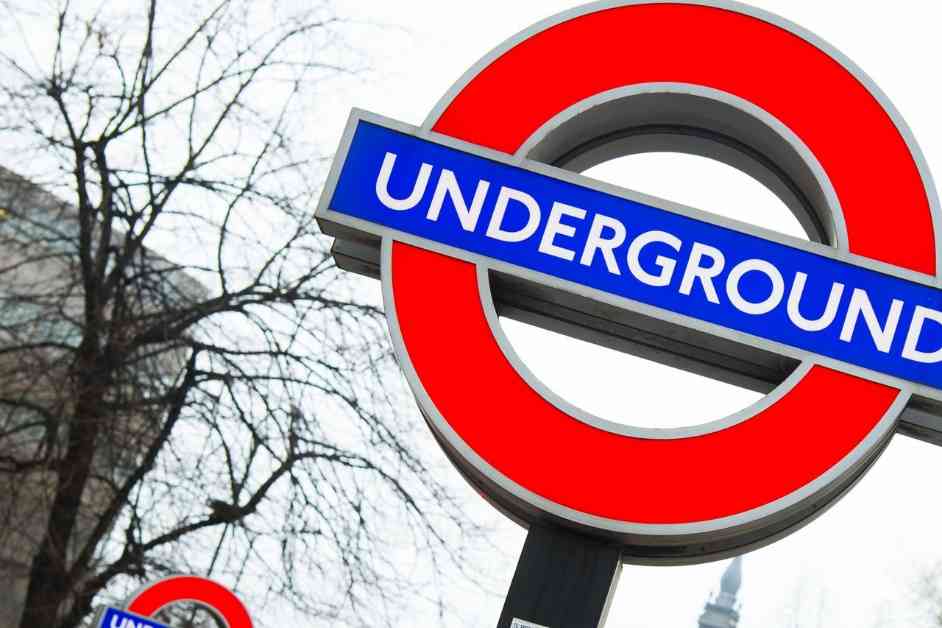Heavy traffic has been reported on the M25 and severe delays are impacting the Metropolitan Line. This update comes amidst various disruptions affecting travel in the area. Drivers and commuters are advised to plan their journeys accordingly to avoid being caught in the congestion.
Chaos on the Roads: M25 Blocked
The M25, a major motorway encircling London, has been brought to a standstill due to an unforeseen incident. Reports indicate that a lorry has overturned, blocking several lanes and causing a significant traffic backlog. Emergency services are on the scene, working to clear the debris and facilitate the smooth flow of vehicles. Drivers are urged to seek alternative routes or delay their travels to avoid exacerbating the congestion.
Expert analysis suggests that incidents like this on the M25 can have far-reaching consequences, impacting not only local commuters but also regional and national traffic flow. The domino effect of such disruptions underscores the need for robust infrastructure and effective emergency response measures to minimize the impact on daily commuters and businesses reliant on transportation networks.
Public Transport Woes: Metropolitan Line Delays
Meanwhile, commuters relying on the Metropolitan Line are facing prolonged delays due to signaling issues. This essential underground route serves as a lifeline for many residents, connecting them to key destinations across the city. The technical difficulties have forced trains to operate at reduced speeds, leading to overcrowding and frustration among passengers.
Public transport experts emphasize the importance of maintaining and upgrading aging infrastructure to prevent such disruptions. The Metropolitan Line, with its historical significance and high ridership, requires continual investment to ensure reliable service for the growing population it serves. As cities expand and demand for public transport rises, addressing these issues becomes paramount to fostering sustainable and efficient transportation systems.
In conclusion, the challenges facing both road and rail networks highlight the delicate balance required to keep modern cities moving. Whether it’s a major motorway closure or a signaling fault on a busy train line, the ripple effects of these disruptions underscore the interconnected nature of urban transportation. As we navigate the complexities of travel in a bustling metropolis, it’s clear that proactive planning, investment in infrastructure, and effective communication are key to mitigating the impact of unforeseen events on our daily lives.





















